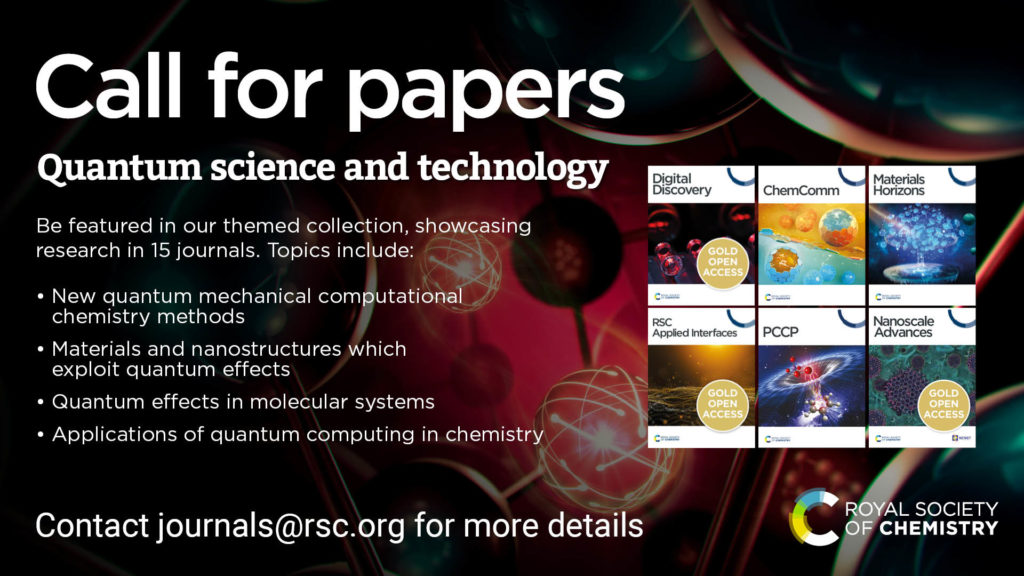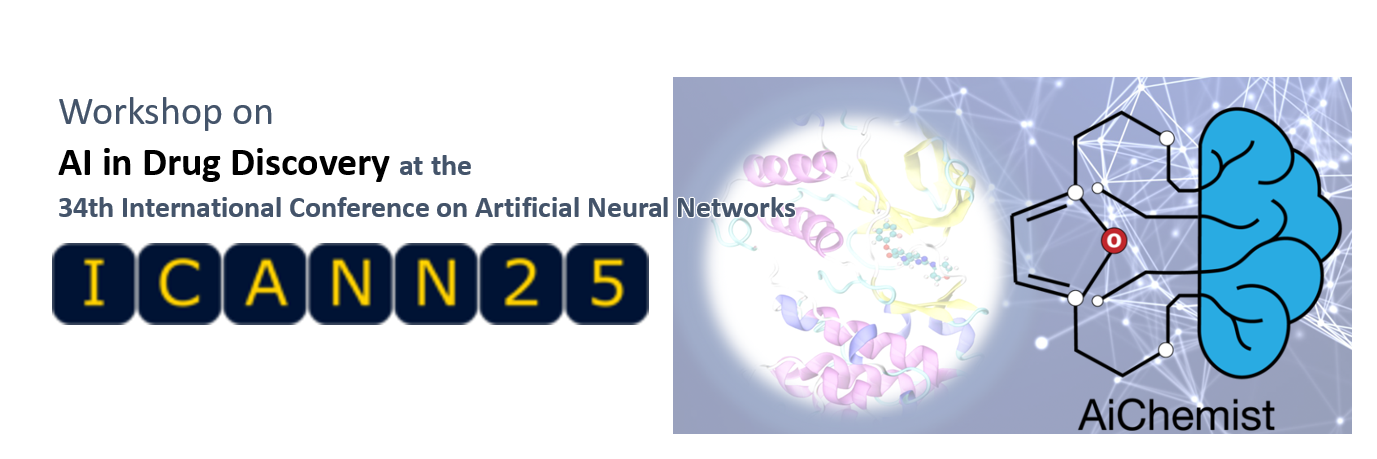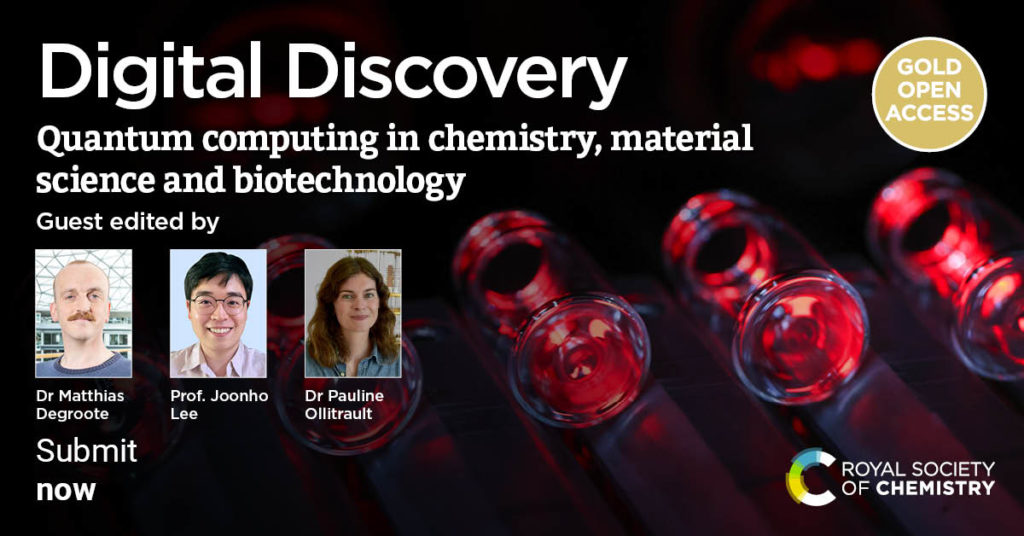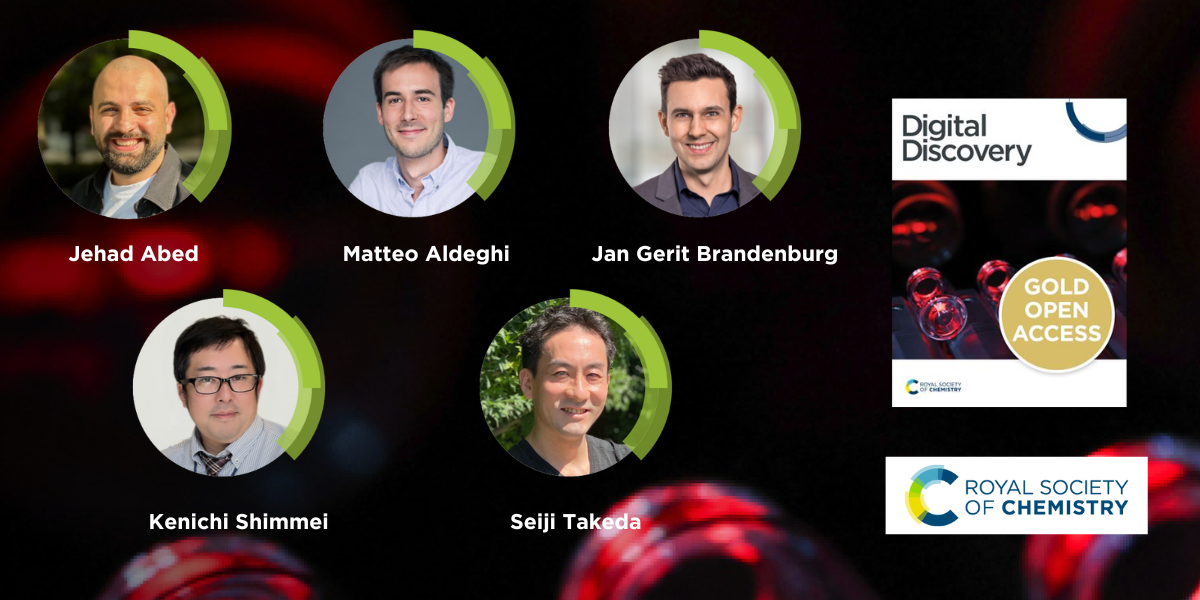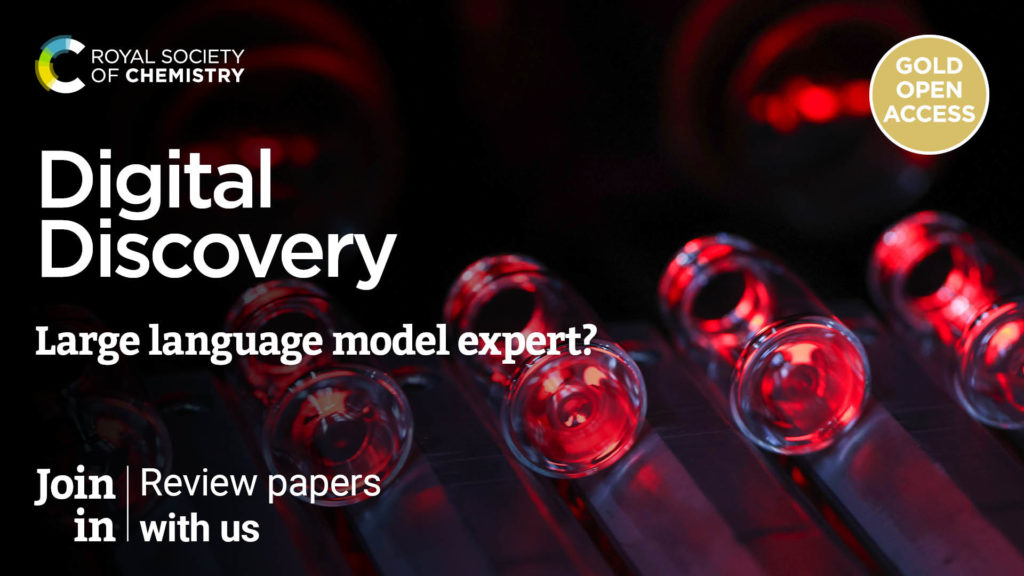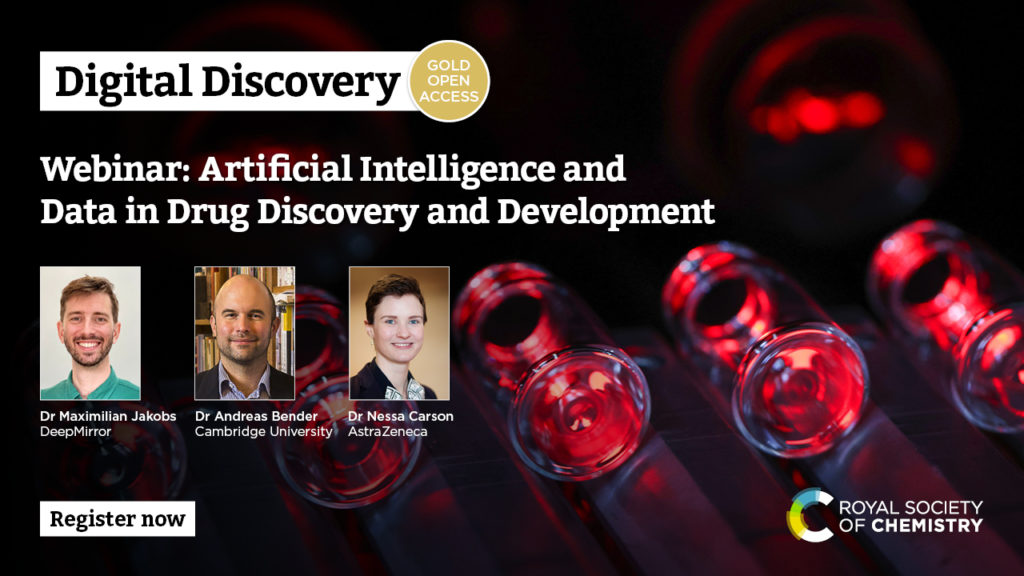
Digital Discovery is pleased to support the SusML Workshop 2025!
The rising demand for sustainable machine learning (ML)-assisted solutions to technological and societal challenges has driven significant research and development efforts in materials science and computational chemistry. Despite notable progress, challenges remain in developing Efficient, Accurate, Scalable, and Transferable (EAST) methodologies that minimize energy consumption and data storage while creating robust ML models. The SusML workshop (https://susml.net) aims to bring together renowned scientists and emerging junior researchers pioneering advancements at the intersection of materials science, chemistry, and ML. The workshop will focus on fostering dynamic discussions and generating innovative ideas for developing EAST methodologies—a critical element for sustainable exploration (both directly and inversely) of the chemical space encompassing molecules and materials.
Deadline: Applications and abstract submissions will be accepted until June 15, 2025. See details at https://susml.net/#Application
Venue: Max Planck Institute for the Physics of Complex Systems, Dresden, Germany.
Invited speakers
- David Balcells (University of Oslo)
- Ganna Gryn’ova (University of Birmingham)
- Anatole von Lilienfeld (University of Toronto)
- Hanna Türk (École Polytechnique Fédérale de Lausanne)
- Anton Bochkarev (Ruhr-Universität Bochum)
- Veronika Juraskova (University of Oxford)
- Volker Deringer (University of Oxford)
- Jacqueline Cole (University of Cambridge)
- Johannes Margraf (Universität Bayreuth)
- Luca Ghiringhelli (Friedrich-Alexander-Universität)
- Rico Friedrich (Technische Universität Dresden)
- Janine George (Bundesanstalt für Materialforschung und -prüfung)
- Thorben Frank (Technische Universität Berlin)
- Adrian Ehrenhofer (Technische Universität Dresden)
Organizers
- Leonardo Medrano Sandonas (Technische Universität Dresden)
- Mariana Rossi (MPI for the Structure and Dynamics of Matter)
- Alexandre Tkatchenko (University of Luxembourg)
- Milica Todorović (University of Turku)
- Gianaurelio Cuniberti (Technische Universität Dresden)
Contact: susml@tu-dresden.de


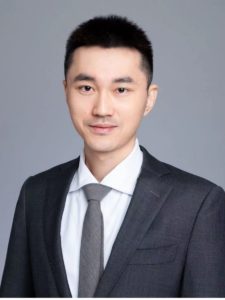 His research centres on uncovering reaction mechanisms and structure–performance relationships in molecular synthesis. His group is particularly focused on integrating mechanistic
His research centres on uncovering reaction mechanisms and structure–performance relationships in molecular synthesis. His group is particularly focused on integrating mechanistic
